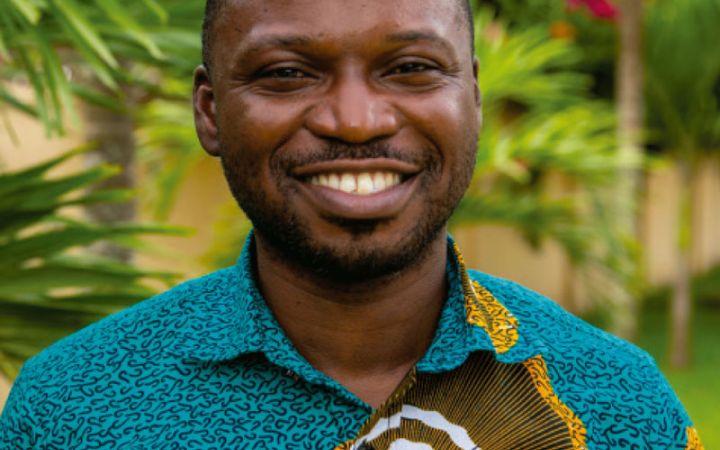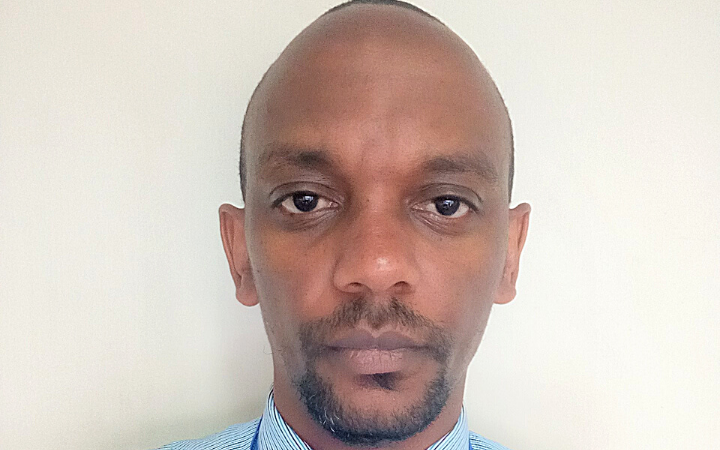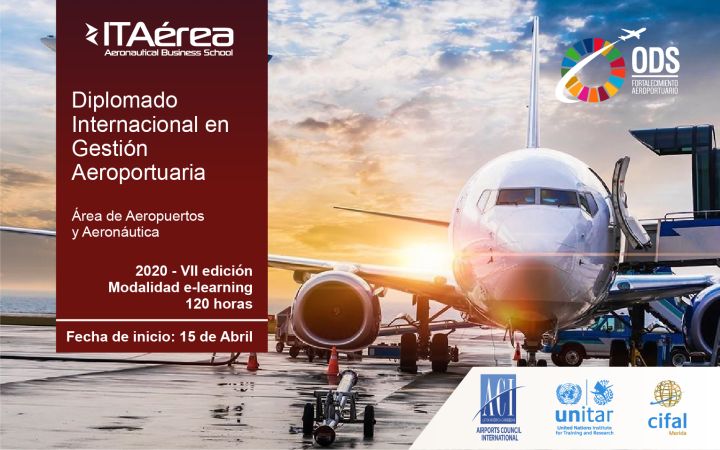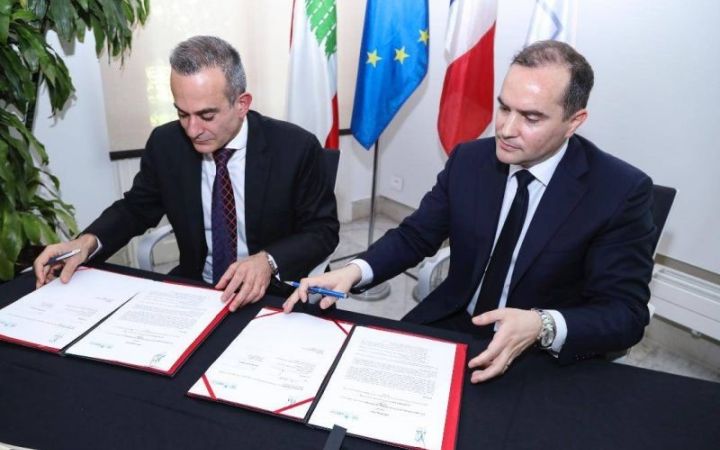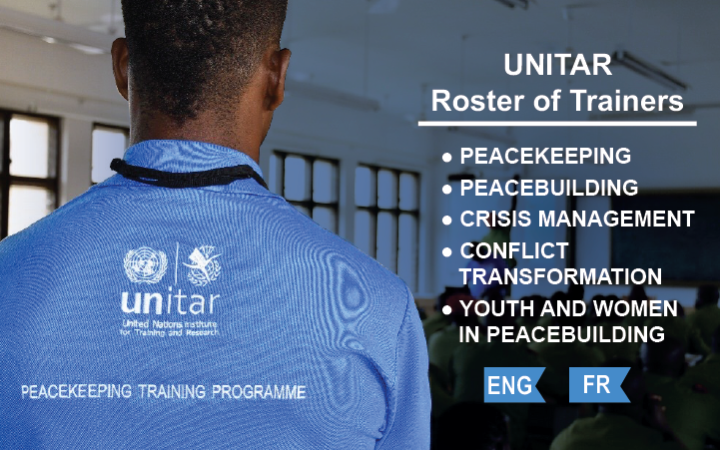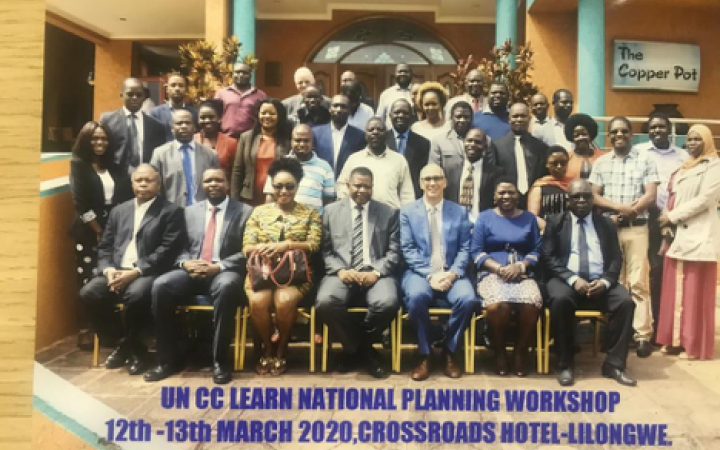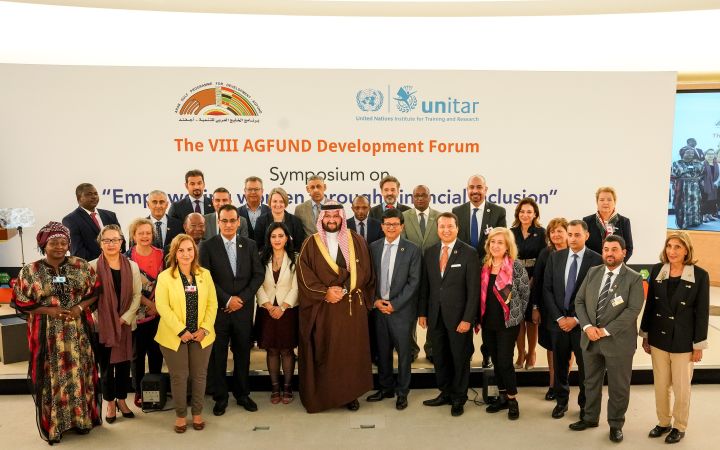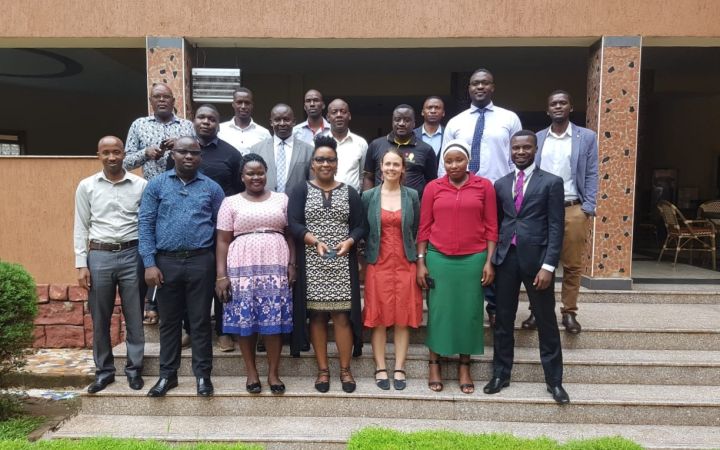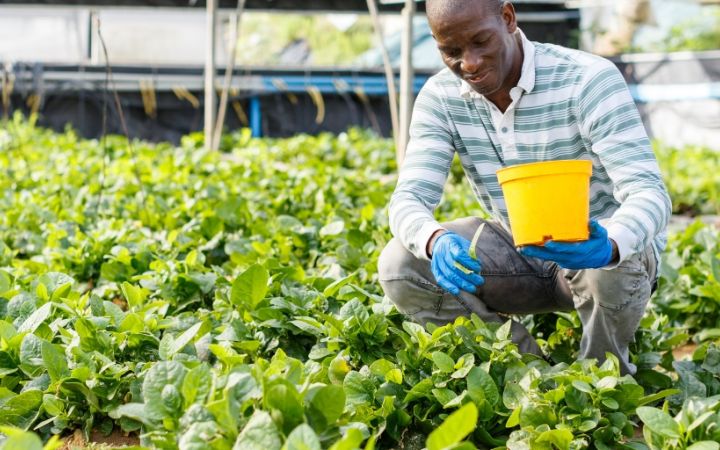Displaying 891 - 900 of 1094
"The activities of the project that EPA, UNDP and UNITAR have supported has significantly increased the priority given to mercury management in Ghana."
Immediately after the course, he got the opportunity to engage in a forum where an agriculture implementation strategy was being developed for Kenya. This was perfect timing for Kelvin, as the course was still fresh in his mind and agriculture is a key sector for Kenyan trade.
15 April 2020, Madrid, Spain – UNITAR and CIFAL Merida in partnership with ITAérea Aeronautical Business School, the Airport Group of the Southeast of Mexico (ASUR) and the Airports Council International Latin America and the Caribbean (ACI-LAC) launched today the Diploma in Airport Management - online modality.
23 March 2020, Geneva, Switzerland – Following the signature of a partnership agreement on March 3rd 2020, UNITAR is pleased to launch the first edition of the Master’s in International Affairs and Diplomacy in Lebanon with ESA Business School.
UN CC:Learn launched a new e-course 'Climate Change: From Learning to Action'. It provides a comprehensive understanding of climate change and how to turn your knowledge into action to take a stand against this issue. Registrations opened!
In February 2020, UNITAR Division for Peace launched a roster of trainers to consolidate the best expertise and knowledge available globally in the fields of peacekeeping, peacebuilding, crisis management, and conflict transformation. Applications are accepted through the online questionnaire, accessible through the links in the respective vacancy announcements. Vacancy announcements are grouped by thematic areas, with each group being published every two-three weeks.
UN CC:Learn and Malawi launched a joint project on Climate Change Learning Strategy. The National Planning Workshop contributed to the review of the 2013 National Climate Change Learning Strategy and served as a means to foment dialogue between key stakeholders in Malawi and other partner countries.
9 March 2020, Geneva, Switzerland - Following the launching of the UNITAR-AGFUND Global Learning Platform on Financial Inclusion during the 8th AGFUND Development Forum in Geneva, Switzerland on October 8, 2019, UNITAR and AGFUND announces the launching of 8 online training courses to support Financial Inclusion in Africa and the Middle East.
9 March 2020, Kampala - UNITAR-UNOSAT and the UN Technology Bank, in partnership with the Ugandan Ministry of Science, Technology and Innovation (MOSTI) have conducted a one-week training course from 2 to 6 March 2020 in Kampala on the use of Geospatial Information Technologies (GIT) to reduce the impact of disaster situations.
UN CC:Learn has launched a new e-course that lays out opportunities for the African continent. The e-course is self-paced and free of charge available in English. Registrations are opened.


